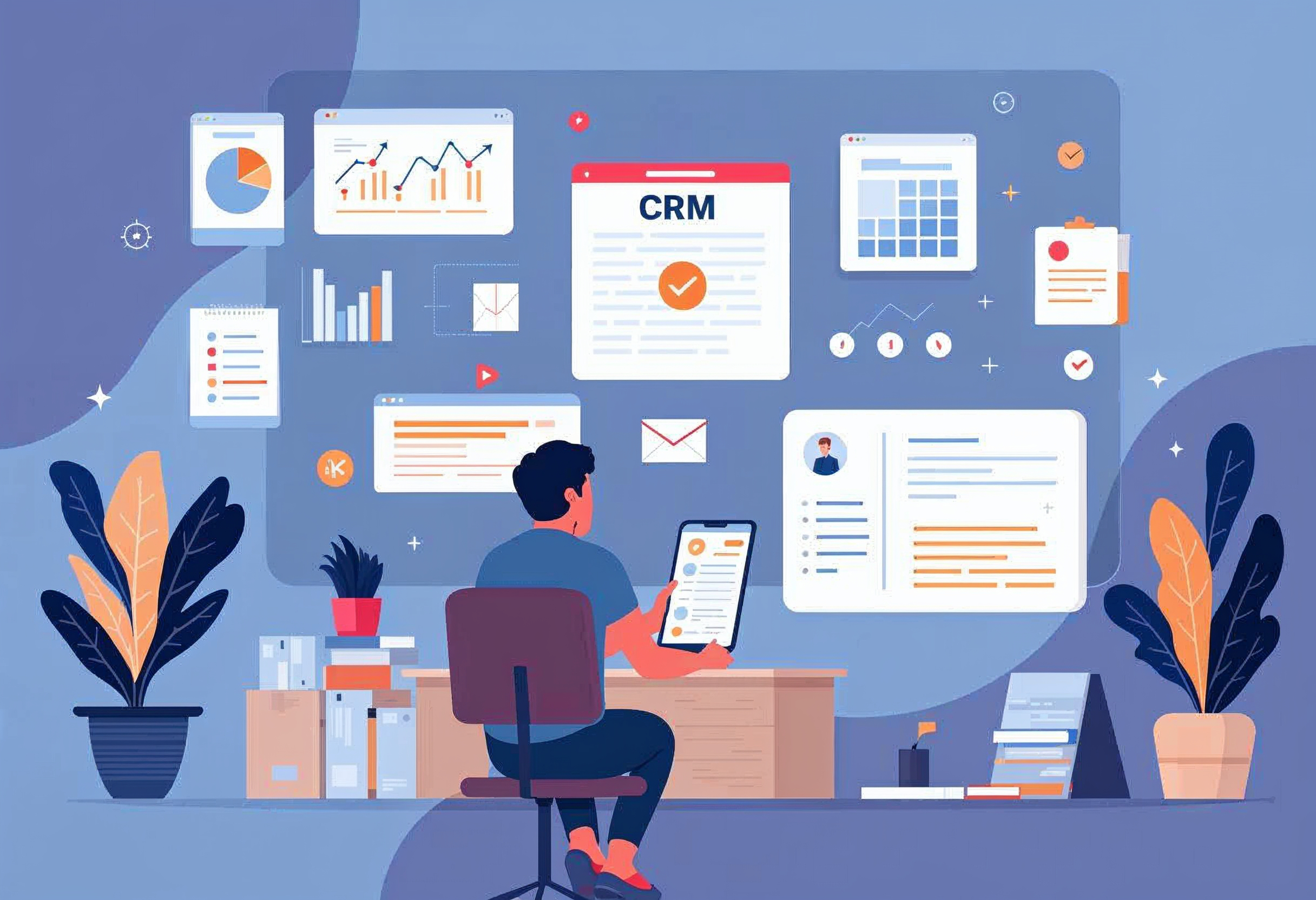Managing employee records, payroll, tax compliance, and leave tracking can be a tedious process for HR and finance teams — especially in fast-growing companies across the UAE. Traditional payroll systems often create bottlenecks in communication, delay salary processing, and frustrate employees with a lack of transparency.
This is where Zoho Payroll’s Employee Portal shines as a game-changer. It empowers both HR teams and employees with a self-service platform that streamlines everything from payslips to tax declarations — all in one place.
In this article, we’ll break down:
- What the Zoho Payroll Employee Portal is
- How it benefits UAE businesses
- Real-world use cases
- How to set it up and customize it for your company
- Tips to integrate it with your existing HR or Zoho suite
🧾 What Is Zoho Payroll’s Employee Portal?
The Employee Portal in Zoho Payroll is a secure self-service dashboard where employees can:
- View and download monthly payslips
- Access salary structure and payment history
- Submit investment declarations for tax savings
- Update personal information like address or banking details
- View leave balance (if integrated with Zoho People)
- Track reimbursements, bonuses, and deductions
For HR and Finance departments, it reduces the number of routine queries and creates a transparent, paperless payroll system.
🇦🇪 Why UAE Businesses Are Switching to Zoho Payroll
The UAE market has specific HR and payroll needs:
- WPS (Wage Protection System) compliance
- Gratuity (End-of-service benefit) calculations
- UAE labor law alignment
- Multi-location employee setups (Dubai, Abu Dhabi, etc.)
Zoho Payroll addresses all of this, and the Employee Portal adds employee empowerment, which is essential in a region with high employee mobility and expectations of digital accessibility.
✅ Key Benefits of Zoho Payroll’s Employee Portal
1. Reduces Admin Work by 40–60%
HR teams no longer need to email payslips or respond to individual salary queries. Everything is visible in the portal.
2. Boosts Transparency and Trust
Employees can see how deductions were made, what bonuses they earned, and access their payment breakdowns.
3. Improves Onboarding & Retention
New hires can fill out personal details through the portal. This improves the onboarding experience and makes the company look more professional.
4. Easy Tax Declaration
Employees can submit investment proofs, housing rent, or medical insurance declarations directly, reducing year-end chaos.
5. Data Accuracy & Compliance
With employee-controlled updates, your HRMS data is always up to date — reducing payroll errors and improving compliance.
🧑💼 Real-World Use Case: A Mid-Sized Real Estate Firm in Dubai
One of our clients, a 100-employee real estate firm in Dubai, was struggling with:
- Manual payslip emails every month
- Employees constantly calling HR for salary or tax details
- Errors in end-of-service calculations
After implementing Zoho Payroll with the Employee Portal, they:
- Reduced HR queries by 70%
- Empowered employees to track bonuses and performance pay
- Seamlessly integrated payroll with Zoho People and Zoho CRM
The result? Faster processing, fewer errors, and happier employees.
🛠️ How to Set Up the Employee Portal in Zoho Payroll
Setting up the portal is straightforward:
- Go to Settings > Employee Portal in Zoho Payroll
- Enable access and customize your portal branding (your logo, welcome message, etc.)
- Invite employees by email with login credentials
- Customize which modules (Payslips, Tax, Reimbursements) are visible to the employee
- Set approval workflows if required
We recommend also syncing Zoho Payroll with:
- Zoho People (for leave tracking and attendance)
- Zoho Sign (for e-signature of HR documents)
- Zoho Books (for expense reimbursements)
🧠 Tips to Maximize Employee Portal Engagement
- Announce the portal launch in a company-wide email
- Offer a short training or onboarding video
- Encourage employees to upload tax declarations early
- Enable mobile access for on-the-go employees
🧩 Final Thoughts
The Zoho Payroll Employee Portal is more than just a dashboard — it’s a step toward building a digitally agile HR department that serves your employees better and operates more efficiently.
Whether you’re a growing clinic, construction company, real estate firm, or tech startup in the UAE, this self-service portal can save time, reduce errors, and make HR a more strategic function.
If you’re ready to take control of your payroll operations with Zoho, our team at Tamooh specializes in custom Zoho Payroll implementations for UAE-based businesses. From setup to training — we handle it all.
📞 Want to see a demo or talk to a Zoho Payroll expert?
Schedule a Free Consultation →








